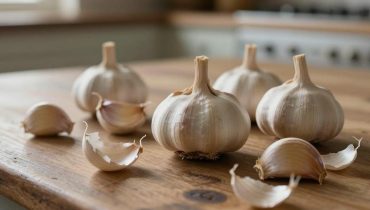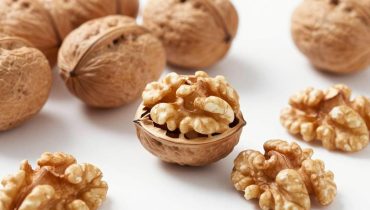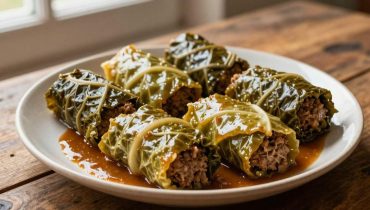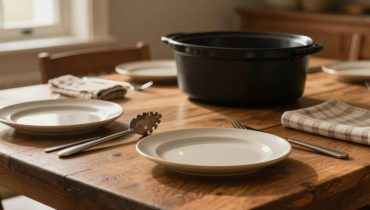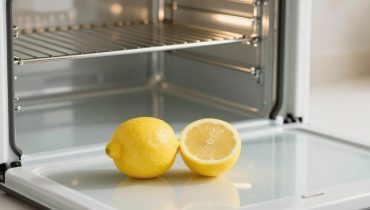📌 5 foods you should never keep overnight
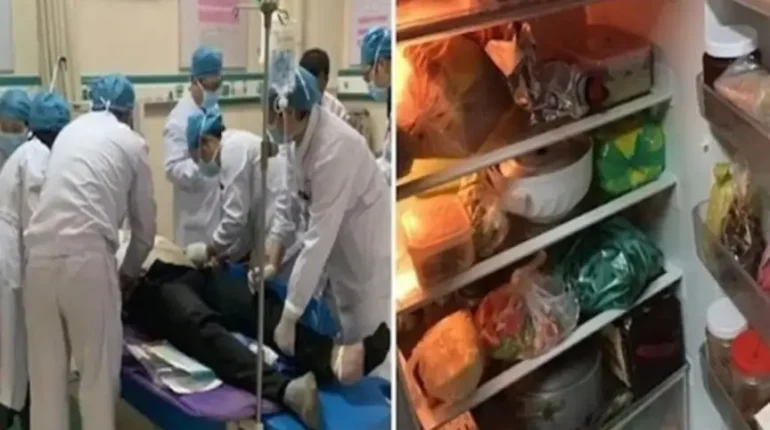
Posted 24 September 2025 by: Admin
In our busy routines, saving food for the next day feels practical—but some leftovers can actually put your health at risk.
Certain foods, when stored overnight or reheated, can turn harmful due to bacterial growth or chemical changes. Here are 5 foods you should avoid reheating or keeping overnight, no matter how convenient it seems.
1. Leafy Greens (Spinach, Celery, Lettuce)
Leafy greens are packed with nitrates that benefit the body in their raw form. The danger comes when reheating them—nitrates can convert into nitrites, a compound associated with cancer risks. Additionally, greens left too long can harbor dangerous bacteria. It’s safest to eat them fresh and in small prepared portions.
2. Eggs
Cooked eggs are nutritious, but reheating them alters protein structure, making them harder to digest. Worse, if eggs are kept at room temperature or stored overnight, they can become a breeding ground for salmonella, leading to food poisoning. The best practice? Eat them right after cooking.
3. Mushrooms
Mushrooms are delicate and highly sensitive to storage conditions. Reheating cooked mushrooms breaks down their proteins, which may cause stomach upset or digestive issues. If you can’t finish them in one meal, it’s safer to discard leftovers instead of refrigerating and reheating.
4. Rice
Rice is deceptively risky. It can contain Bacillus cereus spores that survive cooking and multiply if rice sits at room temperature. Reheating won’t eliminate the toxins produced by this bacteria, which can cause severe food poisoning. To stay safe, consume rice fresh and avoid saving it for the next day.
5. Seafood
Fish and shellfish spoil extremely fast. Reheating seafood not only degrades its proteins but can also expose you to bacterial toxins. Eating it immediately after preparation is the safest choice, as leftovers significantly increase the risk of foodborne illness.
While saving food may reduce waste, your health should always come first. Some dishes are simply unsafe to store or reheat due to bacterial or chemical risks. To protect yourself and your family, prepare only the portions you’ll consume, store food safely, and don’t hesitate to discard risky leftovers. After all, a fresh meal is always better than a dangerous one.


